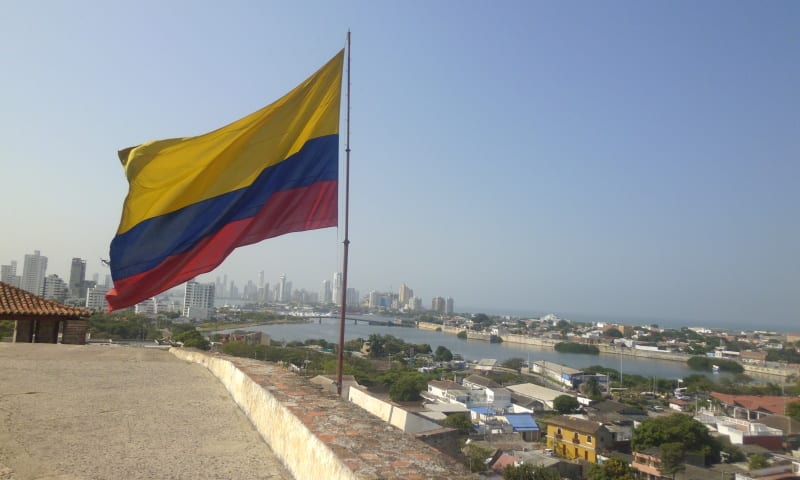Colombia’s Floridablanca region allows casinos to reopen

Nicolás Contreras, the Secretary of Tourism and Economic Development for the Floridablanca region, confirmed the news this week, saying the reopening will begin with an initial nine casinos.
All facilities will be required to put in place a number of Covid-19 measures to ensure the protection of both customers and employees.
These include the placement plexiglass barrier at certain gaming points, as well as enhanced cleaning measures, installing signage about how to prevent the spread of Covid-19, and banning the consumption of food and beverages on site.
Floridablanca is home to 554 gambling facilities, which employ more than 180 people and generates around COP330m (£67,856/€74,043/$86,225) in tax revenue for healthcare in the region.
It is estimated that during the six months of enforced closure, the region lost out on approximately COP2bn in gambling tax income.
The pilot reopening is in line with regulations set out in a decree published by Colombia’s Ministry of Health in July, which allows districts and municipalities to authorise the reopening of casino and bingo establishments as part of a wider pilot programme.
In August, the Ministry of Health approved the pilot plans, providing all establishments taking part in programmes comply with safety guidelines.
These include that physical barriers must be used to separate customers at slot machines, all devices must be disinfected after use, and the consumption of food and alcoholic beverages will also be prohibited.
This week, the Mayor of Bogotá, Colombia’s capital, authorised the reopening of the city’s land-based gaming sector, including 515 casinos and 17 bingo halls.
Meanwhile, Colombia’s gambling regulator (Coljuegos) this week also published regulations for video bingo, which will be legal in the country until the end of 2021.
New rules allow that bingo cards to be sold at points of sale arranged by the operator or in gaming establishments, but not online or outside of the state in which the game is organised.
In addition, the country’s government ratified Decree 808, which, introduced in June, has been designed to help shore up the country’s gambling industry and protect funding for its healthcare system in the wake of the Covid-19 crisis.
Operators may offer up to two draws annually in different months, and must return 58% of stakes to players as winnings. Revenue would not be subject to gaming or lottery duties, or value added tax, but operators would have to pay 12% of turnover to the state.
